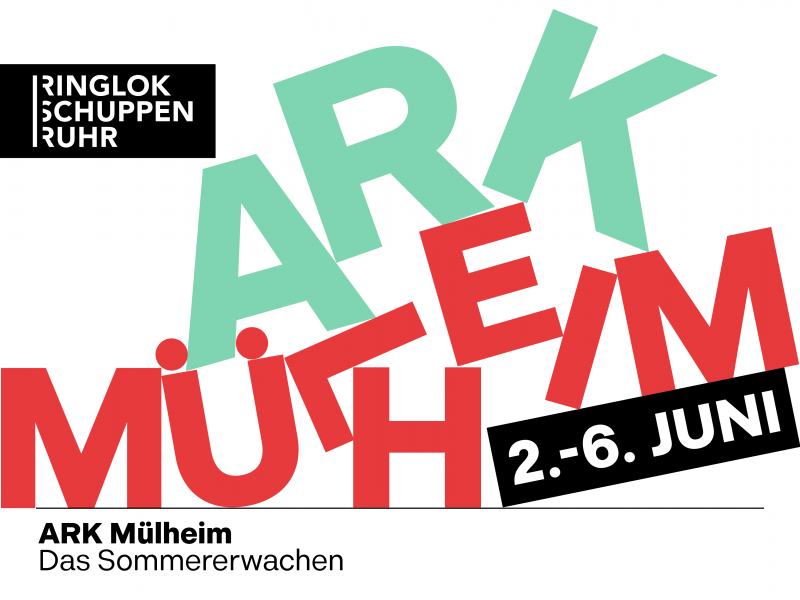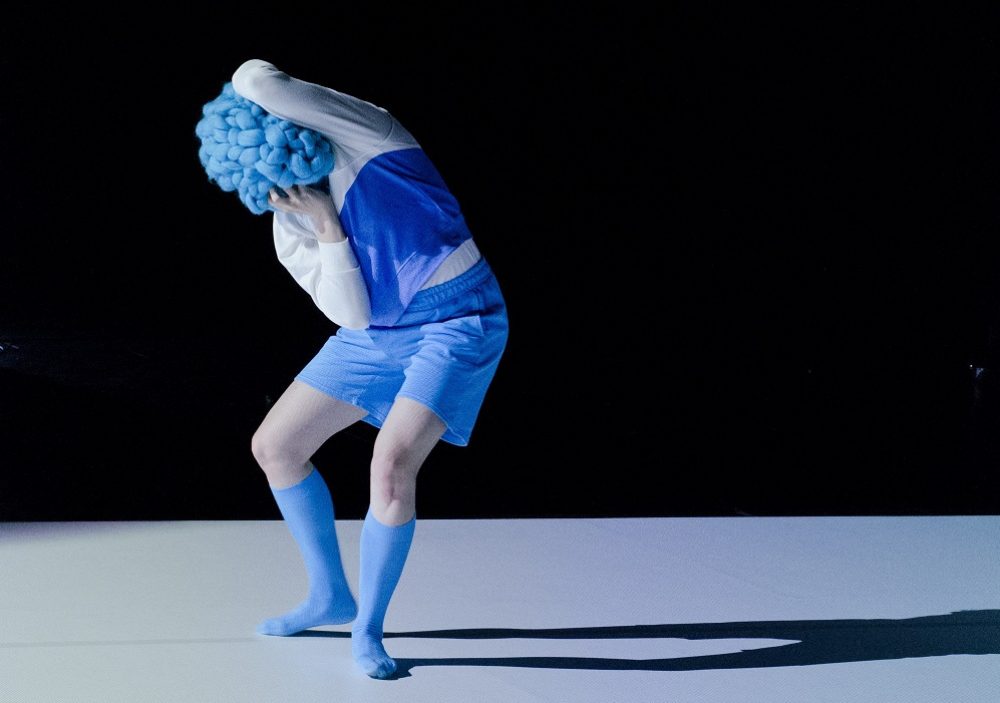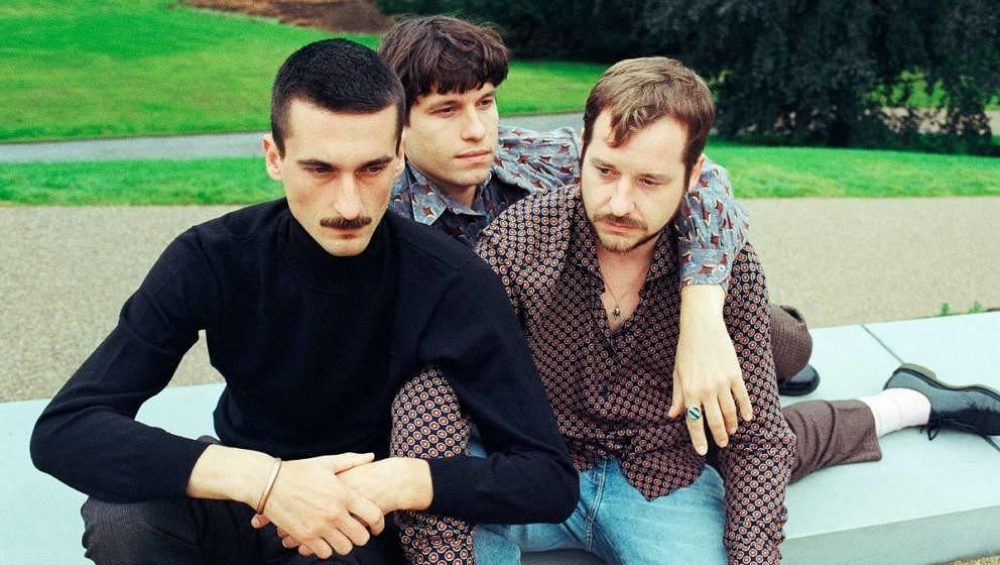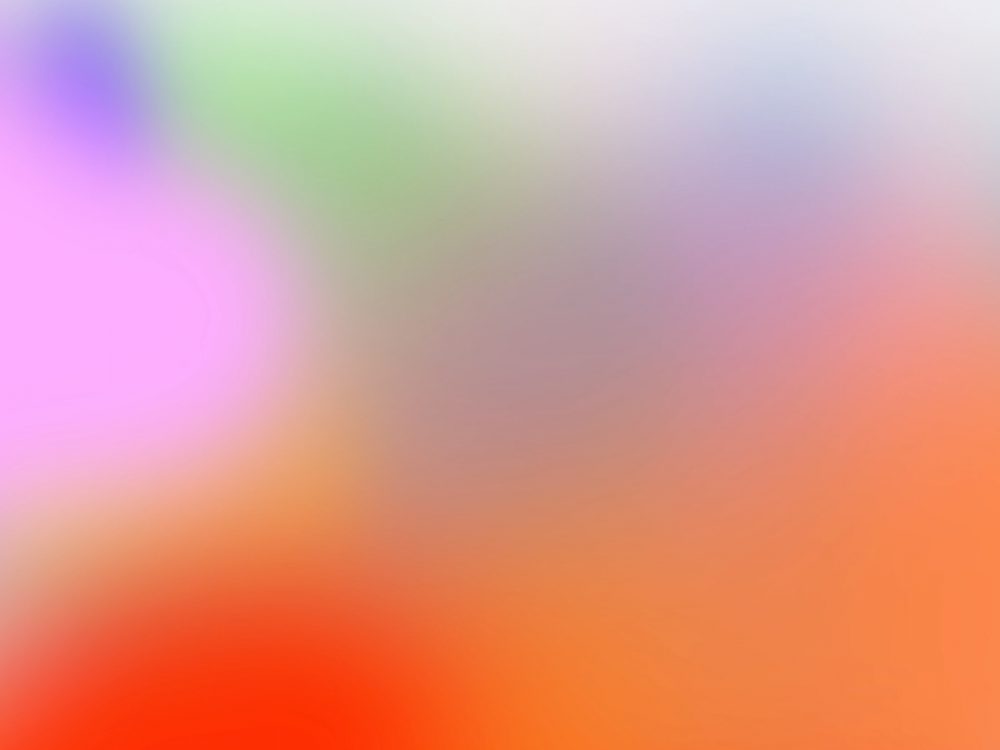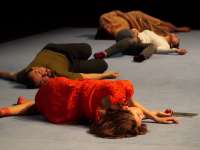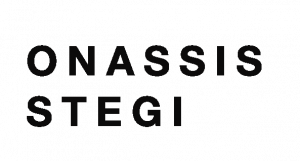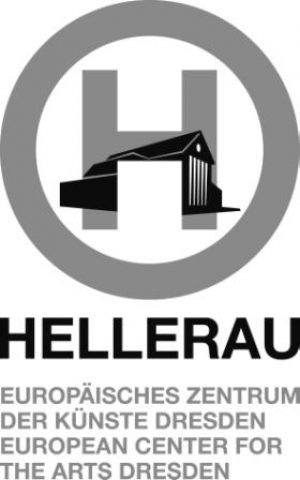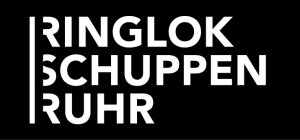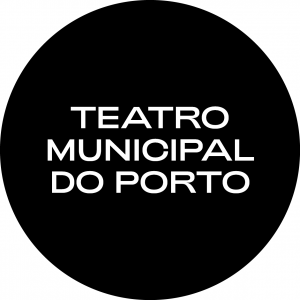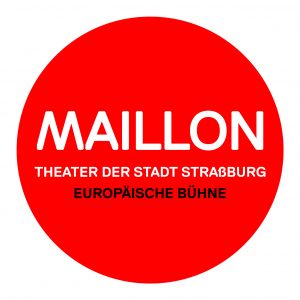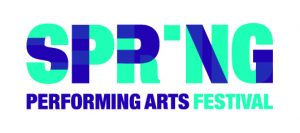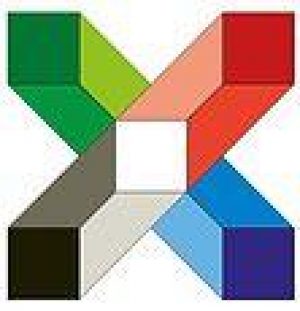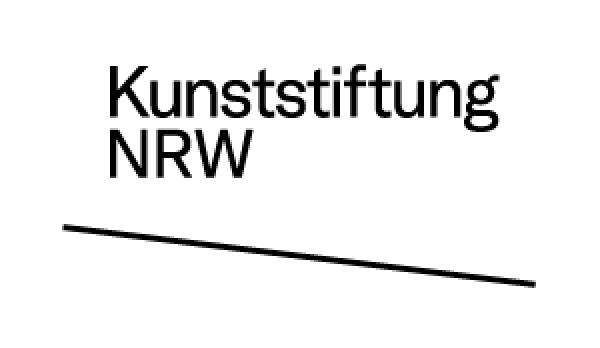ARK Mülheim / Ruhr
Quarantine & various artists
The Summer Awakening
The Summer Awakening will be celebrated with a long weekend of international and local artists. Mülheim will come together for an unusual city gathering that will show we are still here: physically distanced, but closer than ever!
Quarantine Dreams
In lockdown, worlds seem to have been standing still. The city of Mülheim an der Ruhr also has seemed to be in a constant state of hibernation. In this time of isolation and distancing, we have become aware of things that have always been there, but were easier to ignore: loneliness, overloading, fears for the future, social inequality, unjust distribution of care work... The forces tearing apart our society are not a temporary nightmare; they were an integral part of our lives even before the virus. People in cities have long kept their distance from one another. Now the pandemic has irrefutably made us all collectively aware: the city? What is a city? It doesn't exist. Time for a reset!
An Ark for the Summer
At some point, winter will be over and something new can begin. In English, the words ARK and arch are related. With your help, we will create an ark for Mülheim that will span the city. This ark will be a joint exploration of what coexistence in the city can mean, a way of working on "us" without setting up a "them". A place in summer where being together and direct exchange will once again be possible. A place that will push boundaries yet still be safe. A festival where Mülheimers can get to know each other anew and after the long winter, the city can show itself as it really is: colourful and different, old and new, crazy and normal, artistically and culturally diverse, varied and the same, industrial and green, certainly young and old, too.
The project Moving Borders is a cooperative effort by seven European production houses, festivals and public bodies in the sphere of the performing arts and is co-funded by the Creative Europe Programme of the European Union. During the project duration of two years, seven editions of one artistic concept, ARK by the british artist group Quarantine, will be run in Athens, Dresden, Mülheim an der Ruhr, Porto, Strasbourg, Utrecht and Warsaw – in collaboration with local artists, creatives and citizens and adapted to the individual local demographic, historic, cultural and social realities.
Moving Borders is co-funded by the Creative Europe Programme of the European Union.
Cooperation Partners & Cities
- Athen: Onassis STEGI (GR)
- Dresden: Hellerau (DE)
- Mülheim an der Ruhr: Ringlokschuppen Ruhr (DE)
- Porto: Teatro Municipal Do Porto (P)
- Straßburg: Maillon (FR)
- Utrecht: SPRING Performing Arts Festival (NL)
- Warschau: Fundacja Instytut Sztuk Performatywnych (PL).
Overview of the project at www.movingborders.org.
Quarantine was formed in 1998 by artists Simon Banham, Richard Gregory and Renny O’Shea. Operating as an ensemble of artists and producers, they are rooted in Manchester, UK, but active across the world. Through over 30 unique projects, they have challenged ideas of what
theatre can be, who it is for and how it should be made. There have been
family parties, shared meals and cookery lessons; karaoke booths, radio
broadcasts and journeys in the dark for one person at a time – as well
as performances on stage for audiences in seats...
They regularly work with virtuosic performers and people with no
performance experience at all, including dancers and opera singers;
florists and soldiers; philosophers and chefs; mothers and children… With characteristic intimacy, curiosity and
respect, Quarantine make theatre, performance and public art out of the reality of people’s lives. It’s an ongoing exercise in mass portraiture.
How would you describe the working method of Quarantine?
We spend a long time in the first stages of a project looking at and thinking about what’s happening in our own lives, what’s happening „on our doorstep“ – right in front of our eyes - and what’s happening in the wider world, to try to discover the connections and relationships across those 3 spaces. We always make work that articulates something of our own experience. So there’s a dialogue in the work between the personal and the public. And we continue to question and test the languages and conventions – perhaps the perceived constraints - of the artform.
Our process is conversational. We talk with people and discover who they are and what their history is, what their beliefs are, how they see the world.... That includes collaborators of all kinds – the creative teams, the producers, the technicians etc - as well as the people who perform or take part or who are the subjects of the work. We’re interested in how this is manifest in the form of the work. So dialogue is not only an intrinsic part of process but also often exists within the presentation of the work. Quarantine’s work can blur the lines between audience and performer whilst retaining a strong sense of context – the fact that this is an artwork taking place in public.
There are things we sometimes say to explain what we do:
We start with the people in the room.
We try to create the circumstances for a conversation between strangers.
We like to show our hand – to reveal within the work how we’ve made it.
We end with the people in the room.
Quarantine initiates many projects in public space and with people without professional performing skills or education. What is important to you regarding your work?
It’s a mix of aesthetic taste and political imperative.
I like to see human frailties and contradictions in art – I’m as interested in banality and the everyday as I am in the extraordinary and virtuosic. I get very bored by slick presentations that deny or pretend towards clumsiness and vulnerability. I’m most engaged by art that teeters on the edge of failure. It breaches a dividing line somehow, and allows me to see the fragility that I know we all have.
This strongly connects with the politics of what we do. I come from a working class background with parents who were highly intelligent but relatively formally uneducated – they both left school aged 14. I’m drawn to Jacques Ranciere’s notions around equality of intelligence. I love to be in situations where different kinds of intelligence have agency and equivalence. I’m very uncomfortable where a certain language of articulating so-called knowledge is dominant – a very Western powerplay where access to a particular vocabulary, a certain hierarchy of expression, buys power. It’s dogmatic. It’s endemic in Britain’s class system but can also be a suffocating presence in the bourgeois stranglehold on art across Europe. The fact that supposedly politically progressive and formally adventurous art is rarely experienced other than by people who look and sound like the people who made it is a massive problem.
So we try to make work where there is space for diverse experience and skill and intelligences and forms of expression to co-exist. It doesn‘t have to be easy for audiences – in fact it can’t be. I’m convinced that to make effective social progress we need to find ways to re-shape our ideas about democracy, about who gets to speak and make decisions, about how to bring people together with contradictory experiences and beliefs. We’ve been drawn to Chantal Mouffe’s ideas about agonistic pluralism – I think that right from the beginning, Quarantine’s work has tried to bring people together who might not normally meet, to acknowledge and confront difference as well as connection and to imagine how we might share space, how we might move forward.
What motivated you to submit a concept for the Moving Borders project?
We’re living in a moment in time where new lines are being drawn and old ones erased in all kinds of ways. The shift to the right and towards doctrinaire politics: Putin, Trump, Bolsonaro, Erdogan, Orbán, our own Johnson – the list goes on and is frighteningly long - is carried by tactics that deliberately stir up division and foment nationalism. The crises of migration and the climate emergency are subject to the manipulative, self-serving and reality-shifting rhetoric of these post-truth politicians. And that was before we added Covid-19 to the cocktail. It seems like Jean Baudrillard’s End of History may be upon us, obfuscating attacks on the very idea of social progress.
So we were drawn to a project that looked at these issues on a significant scale, across Europe, and offered the opportunity to engage with people in very different circumstances and, potentially, to do something useful. Hope lies across these borders.
What fascinates you the most regarding the process of Moving Borders until know or/and in the future?
It continues to be stimulating to hear the ways in which partners are responding to our provocation to create an ark for each city. Their concepts are incredibly diverse – each apt and tailored to its local context, each finding ways to connect with and to connect people who might not normally gather together. When we began, we’d imagined perhaps delivering the ark to each place ourselves, but through the dialogue we’ve had with partners and local agents since the beginning of the year, it became clear that the process of co-creation necessitated creative agency to lie firmly in the hands of local artists, experts, activists and others. That’s the right way for this work.
How did you come to the motif of an ark?
It came from our collaborator Kate Daley. She’s one of Quarantine’s ensemble – an artist and producer. I believe that it’s something she’d been thinking about before – an image of a space, real or metaphorical, that allows us to gather together to consider the question: what shall we save? It references the biblical ark of course and the story in Genesis is repeated, with variations, in the Quran, where the ark appears as Safina Nūḥ (Arabic: سفينة نوح "Noah's boat").
An ark could be symbol for rescue. Indeed an ark is also somewhat exclusive: who decides who or what should be rescued? This becomes more than clear concerning the EU external borders at the moment.
Yes – of course it’s a provocative concept. Who decides what borders shall be drawn? Who decides who can pass through, who can remain? Who decides who or what shall we save? Who are the „We“?
This is a work that, we hope, will create the circumstances for gatherings of people that form contexts for debate, that bring people together who might not normally meet, to talk about these issues that – in very different ways - affect us all.
And transnationally, across the project, Quarantine are devising ways for each city to talk to the others. We’ve been inspired by the idea of ballast – the heavy material placed in ships to give them stability and that is left behind when new cargo is added in each destination. Cities have grown from ballast. We’re creating a notional ballast that is transported from Strasbourg to Athens to Utrecht to Dresden to Mülheim to Porto to Warsaw – a cumulative, no-doubt-contested, inter-cultural text that reponds to that question:
What shall we save?
You as a British theatre ensemble are involved in an EU project. What are your thoughts about that?
It is absolutely vital - more important than ever - for us, for other British artists, to develop and maintain relationships with Europe. We all know about those frightening and dangerous trends towards nationalism. I don’t want to be trapped on an island with rigid borders that lives in an imagined version of its own past. I want to welcome people in and I want to continue to be able to continue to be part of the big conversation that working as an artist across Europe, across the world, affords me. I want to help find ways for a generation younger than me to have that experience, that privilege, too. That privilege is challenged by Brexit and COVID, but if there’s one thing that artists tend to be good at, it’s imagining and testing solutions to difficult situations....
If you could wish for something regarding Moving Borders and ARK – for you, the partcipants etc. – what would that be?
For all of us, to make new and lasting relationships that introduce us to ways of thinking and living that we might not have encountered before, that might help us to understand more potently the lives of others; to acknowledge our privileges and our differences and to notice our similarities. To do something together that might create some kind of genuine, long-term shift in the way we connect with others in the place we live. To make unexpected friendships, collaborations and allegiances. I know from my own experience that often one only recognises this kind of change with the benefit of time and hindsight. Let’s re-draw the map together, and move some borders.
Das Stream-Programm wird in Kürze hier veröffentlicht
FR | 4.6.
18.00 Uhr
BOTICELLI BABY
19.45 Uhr
CITY PORTRAITS - MÜLHEIM AN DER RUHR - GESICHTER EINER STADT | Making Of
20.00 Uhr
WAHN | Patricia Carolin Mai + Einführung
20.45 Uhr
CITY PORTRAITS - MÜLHEIM AN DER RUHR - GESICHTER EINER STADT | Making Of
21.00 Uhr
EST-CE UN HUMAIN / IST DAS EIN MENSCH | kainkollektiv + Einführung
Stream:
SA | 5.6.
18.15 Uhr
CITY PORTRAITS - MÜLHEIM AN DER RUHR - GESICHTER EINER STADT | Making Of
18.45 Uhr
NO FUTURE CLUB | Jascha Sommer | Gespräch
19.00 Uhr
INTERNATIONAL MUSIC
19.45 Uhr
REBOOT MÜLHEIM - EINE STADTVERSAMMLUNG | Rückblick
20.00 Uhr
MAGNIFICAT | Marta Górnicka + Einführung
20.30 Uhr
CITY PORTRAITS - MÜLHEIM AN DER RUHR - GESICHTER EINER STADT | Making Of
21.00 Uhr
REBOOT MÜLHEIM - EINE STADTVERSAMMLUNG | Rückblick
21.30 Uhr
TRANSFRONTALIER | Zora Snake
Filmnacht:
SA | 5.6. 23 Uhr - SO | 6.6. 16 Uhr
CITY PORTRAITS - MÜLHEIM AN DER RUHR - GESICHTER EINER STADT
GUARDIANS OF SLEEP | FILM - David Weber-Krebs
SO | 6.6.
16.00 Uhr
GARDEN GROOVE
18.00 Uhr
NIKITA MILLER
19.00 Uhr
MVET BEYEME | Martin Ambara
21.00 Uhr
Abschied
